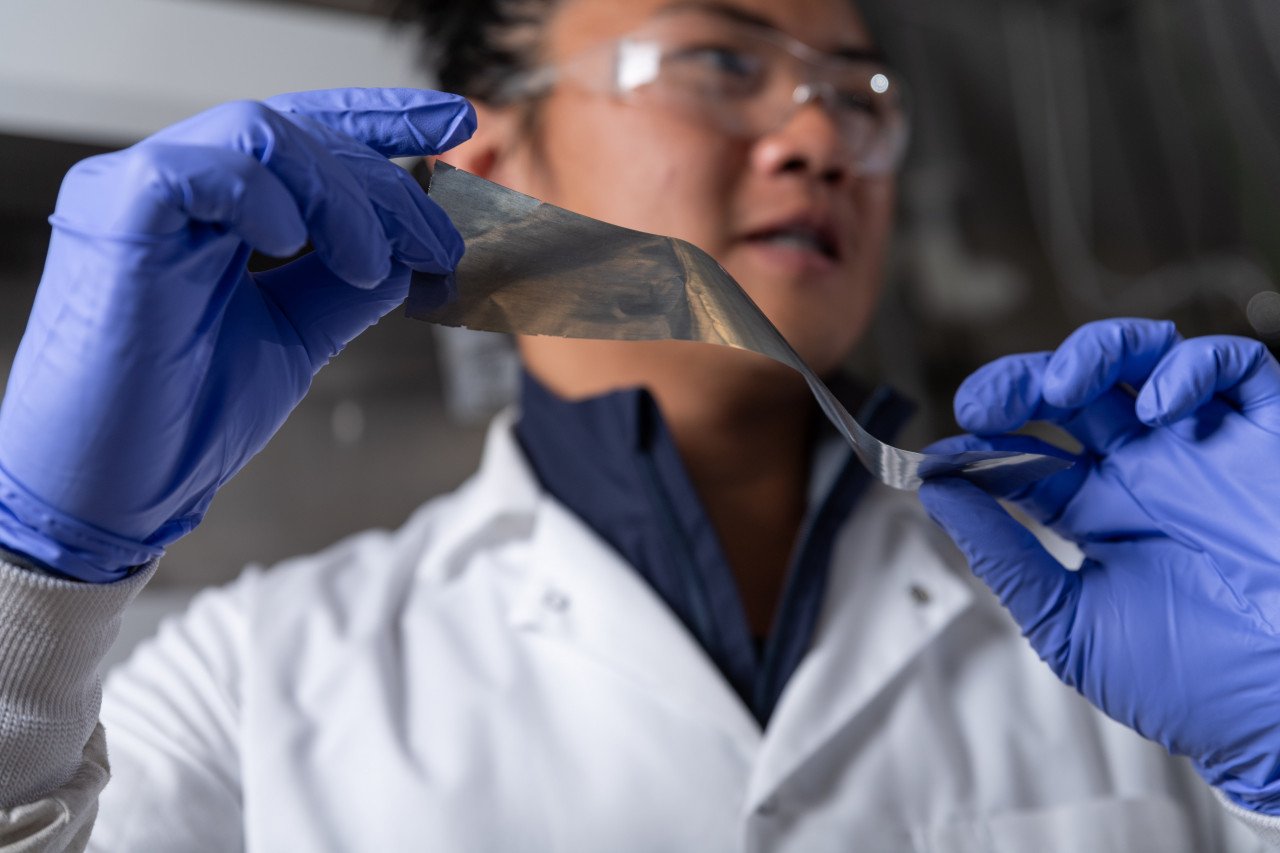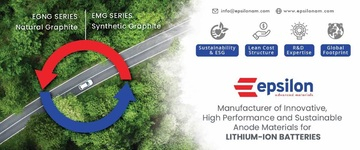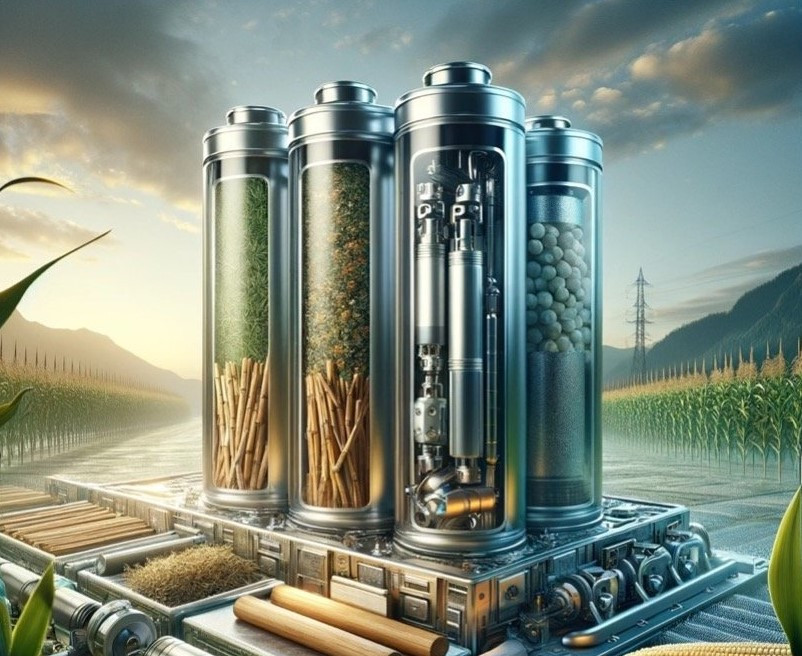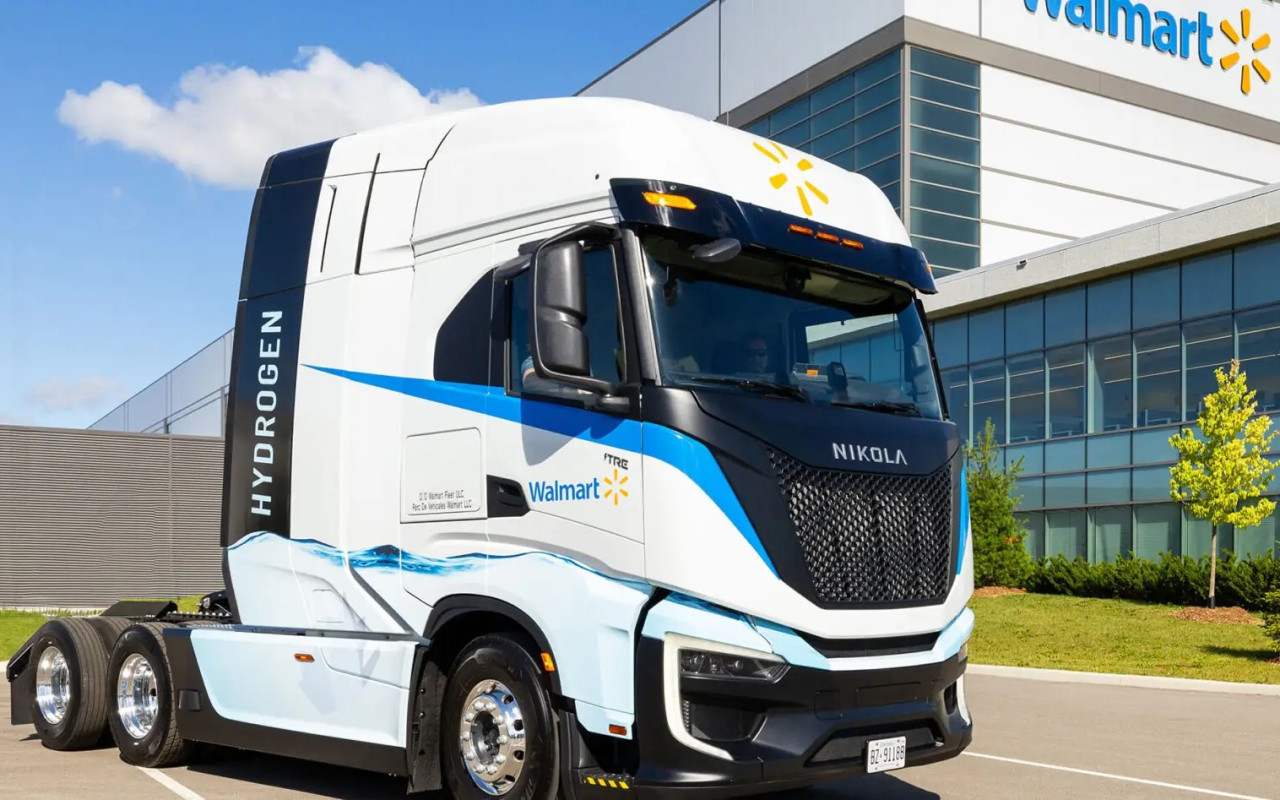X-BATT develops composite battery anode materials using bio resources
Battery materials solutions company X-BATT recently announced a significant breakthrough in lithium-ion battery technology with the introduction of its innovative composite anode materials derived from renewable, bio-materials.
The research, targeting the pressing needs of the battery industry for alternative anode materials in the face of skyrocketing demand for lithium-ion batteries, sets a new standard for sustainable and efficient energy storage solutions, the Florida-based company claims.
By leveraging agricultural waste products as a low-cost carbon source, X-BATT aims to address the critical mineral shortage by replacing graphite with abundant, renewable resources while promoting carbon sequestration, reducing greenhouse gas emissions, and fostering sustainable economic growth.
Using Polymer Derived Ceramic (PDC) composite materials and patented materials synthesis processes, the company has demonstrated the ability to incorporate various bio-based carbon sources into high-energy dense anode materials.
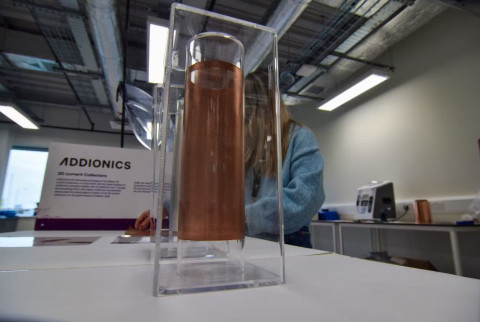
Addionics to build $400 mn US facility to make copper anodes for batteries
The technology has shown promising results in initial screenings and offers a viable pathway to create sustainable, high-performance lithium-ion batteries, according to X-BATT. "Our proposed technology represents a leap forward in the quest for sustainable energy solutions," said Bill Easter, CEO of X-BATT.
"By harnessing the power of bio-derived materials, we're not just innovating for the sake of progress; we're addressing global challenges of resource scarcity, environmental impact, and energy security. Our work paves the way for a future where batteries are not only more efficient but also more aligned with the principles of sustainability and renewable energy", he added.
The research underscores the potential of bio resources such as wood, bamboo, corn husk, rice husk, and even spent coffee grounds in producing anode materials that exhibit higher reversible specific capacity and better rate capability than traditional graphite.
This not only reduces dependence on foreign sources for critical materials but also leverages agricultural waste, presenting a circular economy model for utilizing low-value waste materials in high-value applications, X-BATT opines.
As the company enters the next phases of R&D, it calls for collaboration with government national labs, private and public companies, and universities. The goal is to further develop, test, and eventually commercialize this groundbreaking technology, with the potential to significantly impact the global energy storage market, the company said.
